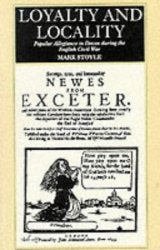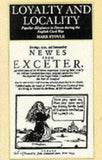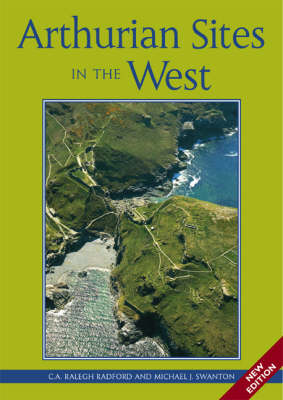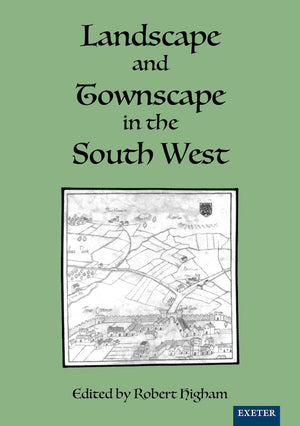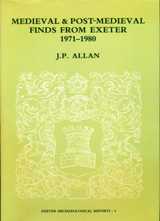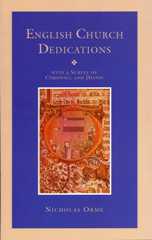University of Exeter Press
Loyalty And Locality
Popular Allegiance in Devon during the English Civil War
Couldn't load pickup availability
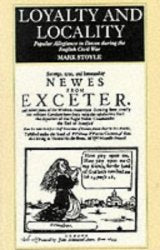
- 346 Pages
This volume is a study of popular behaviour during the English Civil War. The book makes three claims. The first is that English counties did not behave as homogeneous units during the conflict of 1642-46, but that they divided instead along regional lines, certain areas supporting Parliament, others supporting the King. The second is that this general rule applied to cities too, and that in urban communities it is possible to discern both 'Royalist' and 'Parliamentarian' parishes. The third is that these internal divisions were not simply temporary alignments, conjured up by extraordinary circumstances, but that they reflected deep and enduring splits in local society, contrasting patterns of popular behaviour stretching back over very many years.
"... a model of scrupulous scholarship, which sets a high standard to imitate for those who seek in future to apply similar techniques to other counties in order to interpret popular attitudes to the rival parties in the English Civil War." (War in History, Vol. 6, No. 2, 1999) " . . . the work of a historian of unmistakable flair. Like all really good local studies it has a sensuous feel for the nature of its territory, and utilizes a very wide range of varieties of source material to reconstruct the experience of its people." (History, Volume 83, No. 269, January 1998) "The book is a brilliantly original exploration of Devon's experience of the seventeenth-century civil wars... his work has important implications for the whole history of Stuart England." (David Underdown, Professor of History, Yale University) "There is no doubt that this book will now represent the benchmark of how to measure popular participation [in the English Civil War]..." (John Morrill, Reader in Early Modern History, University of Cambridge) "'It is a book which displays what every solid work of history ought to exhibit, that curious epithet which emanates from senior common rooms: "a first-class mind". ... The clarity and cogency of the argument shine through." (Literary Review) ". . . an important contribution to the long-running debate on the origins and nature of the English Civil War." (History Today) "A clear, persuasive and often trenchantly written discussion.... he has made a significant and refreshingly original contribution to regional history and to the diverse, oft-changing, story of the English Civil War." (English Historical Review)
List of Illustrations
List of Abbreviations
Acknowledgements
Preface
PART I: THE CONTEXT
Introduction
1. A Portrait of Early Stuart Devon
PART II: PATTERNS OF ALLEGIANCE, 1642-1646
Introduction
Chronology
2. 'The Well-affected Corner': Popular Parliamentarianism in Devon, 1642-1646
3. 'Our Ill-affected Country Parishes': The Strongholds of Popular Royalism
4. Refining the Picture: Further Light on Allegiance Patterns
5. A Fractured Polity: Allegiances in Exeter
6. Neutralism: The Case of the Clubmen
PART III: THE DETERMINANTS OF ALLEGIANCE, c.1600-1642
Introduction
7. Deference or Defiance? The Role of the Gentry
8. An Ecology of Allegiance? Ethnology, Land Use and Occupation
9. 'True Blades for Liberties': Pre-war Opposition to the Caroline Regime
10. 'True Blades for Religion': The Role of Puritanism
11. 'Mere Conventicles of Bad Fellows': The Cultural and Religious Determinants of Popular Royalism
PART IV: THE NATIONAL PICTURE
Introduction
12. 'Out of the Dust of the Earth'?
Notes
Appendix: Devon Parishes
Bibliography
Index







